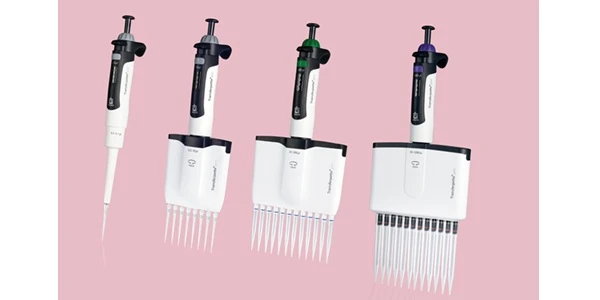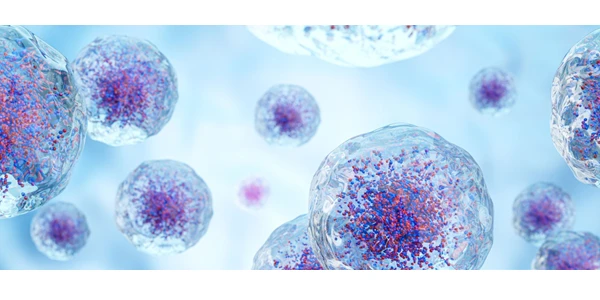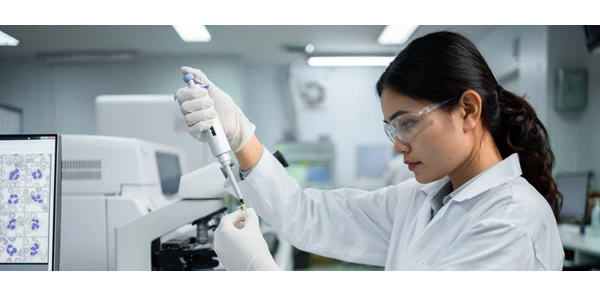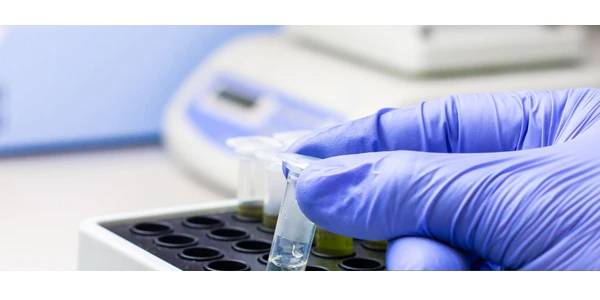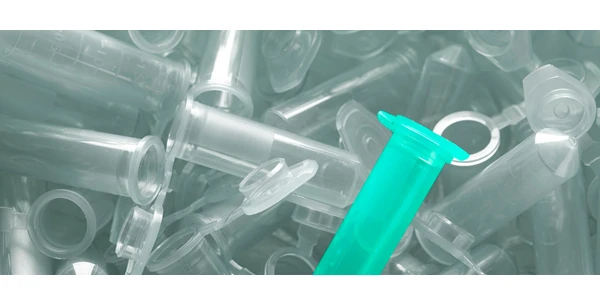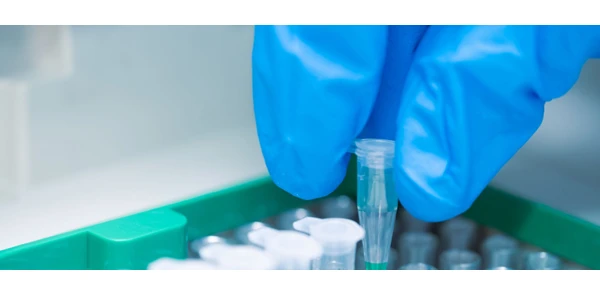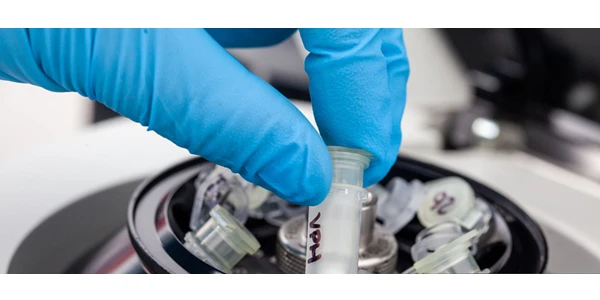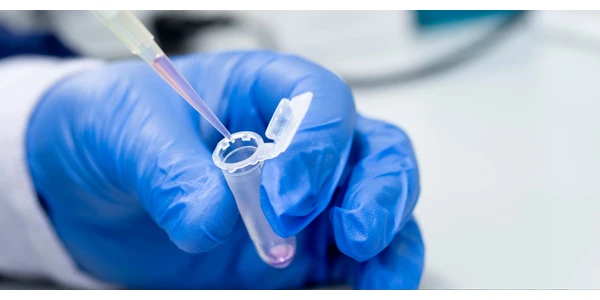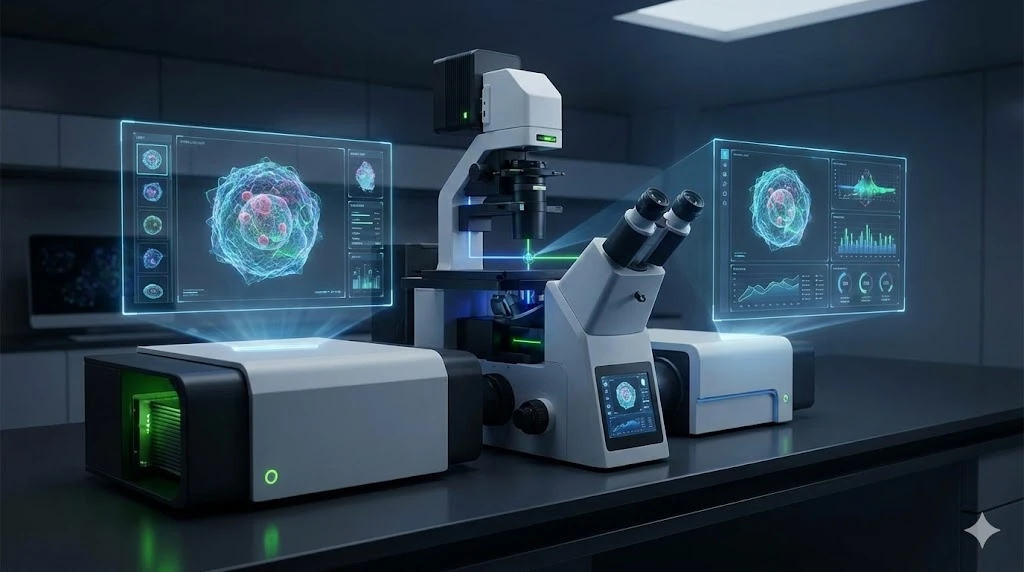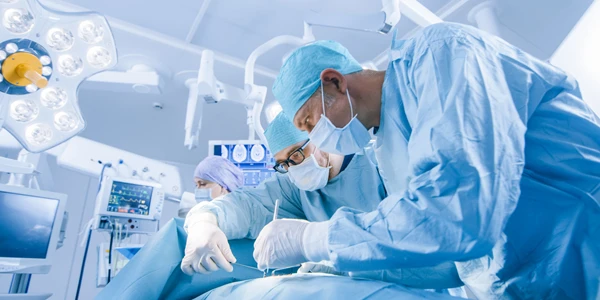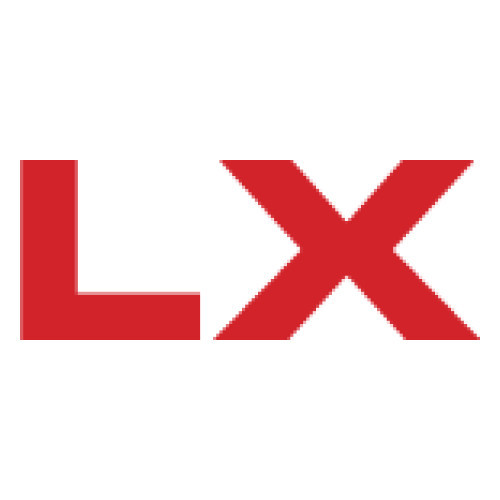Announcing a Streamlined Solution Portfolio for Liquid Biopsy Applications
Suite of solutions will accelerate the development of liquid biopsy protocols for maximum efficency
MÄNNEDORF, SWITZERLAND — Tecan is
announcing a streamlined solution portfolio to enable liquid biopsy applications,
from upstream workflows to downstream analysis for genomics and proteomics
applications. As a leader in laboratory automation, Tecan offers a suite of
solutions to accelerate the development, validation, and clinical adoption of
liquid biopsy protocols, ensuring maximum productivity, high reproducibility,
and reduced cost per sample. 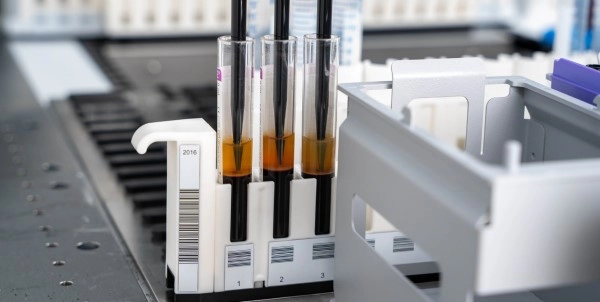
Liquid biopsy is playing and increasingly important role in the detection, diagnosis, and monitoring of diseases, especially in oncology. It enables earlier diagnosis by avoiding the invasive procedures, slow time to results, and high costs associated with traditional biopsies. However, the processing of liquid biopsy samples, particularly whole blood, requires precision and meticulous standardization to ensure accurate and reliable results. The technically demanding downstream workflows also present multiple challenges, including the risk of sample cross-contamination, low sample volume, and poor reproducibility between different runs, instruments, and operators. Tecan is addressing these challenges head on.
The patented technology behind the Phase Separator™ is a significant advance in the separation of centrifuged blood samples. It provides pressure-based liquid-liquid phase separation as an integral element of the Fluent® Automation Workstation’s capabilities. Designed for precision, speed, and maximum sample volume with minimal risk of sample cross-contamination, Phase Separator is up to twice as fast as comparable camera-based systems. Its in-tube method for detecting phase boundaries enables effective separation of plasma and/or buffy coat layers from whole blood, with no interference from barcodes and other critical tube markings, thus preserving the integrity of each sample's chain of custody.
From detecting biomarkers to informing precision medicine, liquid biopsy is a bridge that connects upstream diagnostics to genomics-driven therapies. Tecan’s genomics portfolio offers fully automated walkaway solutions, including the well-established workstations—DreamPrep® NAP for nucleic acid extraction and DreamPrep NGS sample prep—enabling the standardization of technically challenging high-throughput workflows to ensure consistent and reliable sample processing.
Another exciting development to expand Tecan’s sample prep capabilities is the Resolvex® i300 positive pressure module, which can be integrated into the Fluent Automation Workstation. Scheduled for launch in H1 2024, the Resolvex® i300 is a fully automated solution for every step of the sample purification process, including clean-up, evaporation, and resuspension, ensuring the integrity and consistency of each sample, whether for proteomics or genomics applications. The instrument is well suited for clinical applications, such as processing liquid biopsies, thanks to its unique droplet-protection feature that reduces the risk of cross-contamination during labware handling.
"Our comprehensive approach to critical applications, including liquid biopsy workflows, demonstrates Tecan’s commitment to scaling healthcare innovation globally,” said Klaus Lun, Executive Vice President and Head of the Life Sciences Business Division at Tecan. “With a well-established presence in life science research and clinical diagnostics, and extensive expertise in regulatory affairs, we are ideally positioned to support our customers, from scientific discovery, through translational research to approved clinical applications."
“Liquid biopsy is becoming a pivotal tool in modern healthcare,” said Lauren Leiman, Executive Director of BLOODPAC, a consortium dedicated to accelerating the development, validation, and clinical use of liquid biopsy assays. “Liquid biopsy offers patients a less invasive procedure that can be more effective at monitoring disease progression and prognosis and ultimately, may help make better informed and more personalized treatment decisions. Automating and standardizing the collection and processing of liquid samples is the foundation for successful solutions.”
